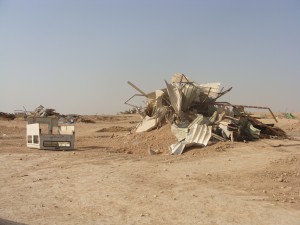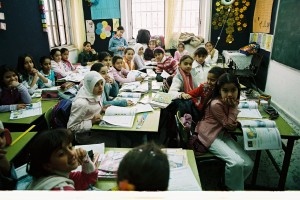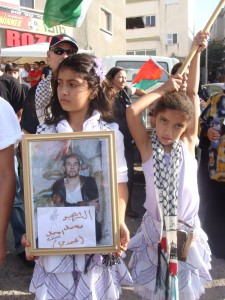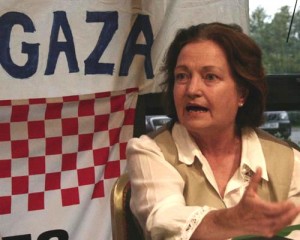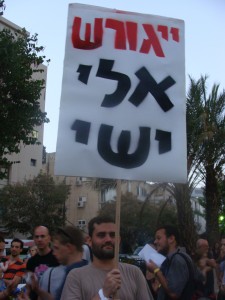 Al Jazeera English, October 20, 2010
Al Jazeera English, October 20, 2010
“I’m very afraid. I don’t know what to do,” says G, a Filipina worker, as she runs her fingers through her five-year-old son’s hair. Her husband was deported from Israel a year ago. Now she and her two children—aged five and one—face imminent expulsion to the Philippines.
G—who is so frightened of Israeli police that she asked not to be named or photographed—says she can’t bring herself to break the news to her son, who was born in Israel, attends kindergarten with Jewish children, and speaks fluent Hebrew.
“Sometimes I say to him that maybe we’ll go on the airplane,” says G. “And he says, ‘I don’t want to go.’” When G tries to explain to her son that they might have to, he answers, “‘Can we come back?’”
A police car turns the corner. G quickly says goodbye and hurries away, pushing a baby stroller and gripping her son’s hand.
After a year-long battle over the fate of 1200 children of undocumented migrant workers, the decision came down on August 1. 800 would be eligible for naturalization. The remaining 400 would be expelled, along with their parents.
